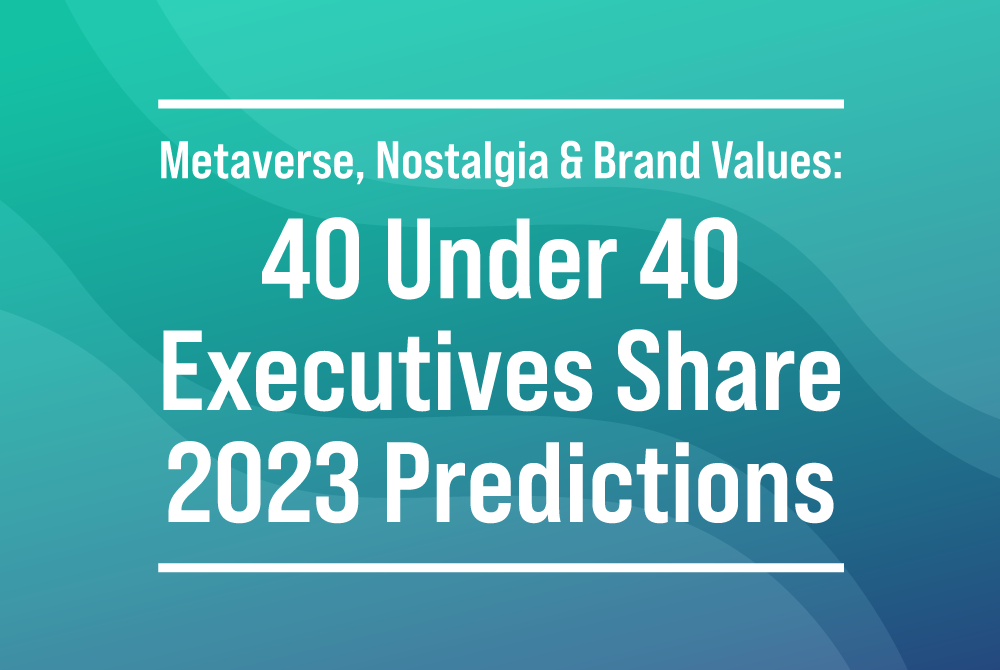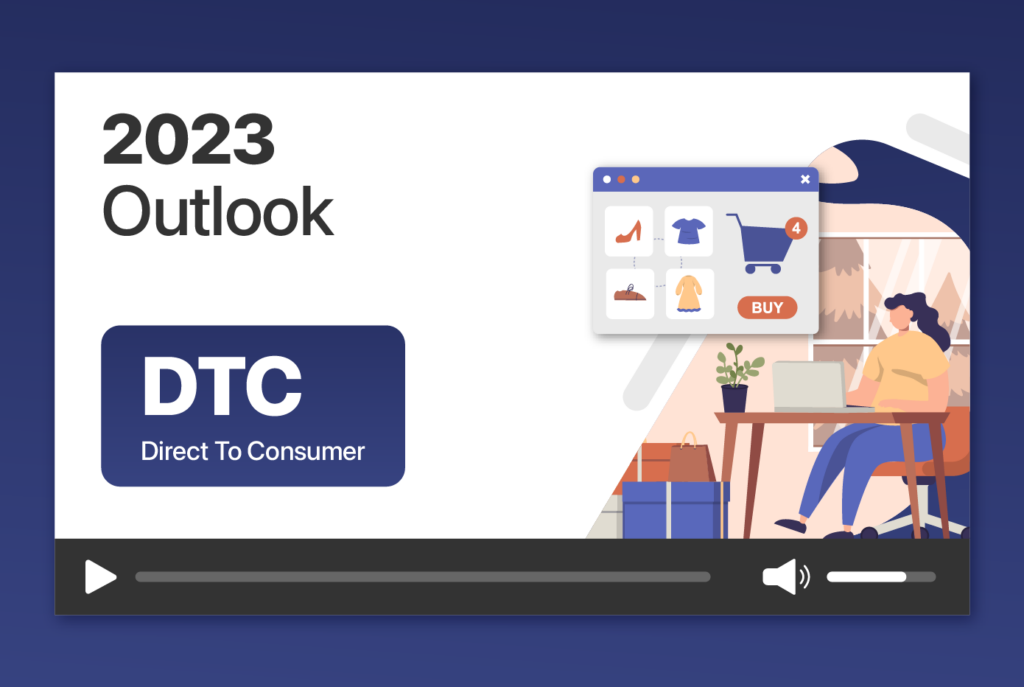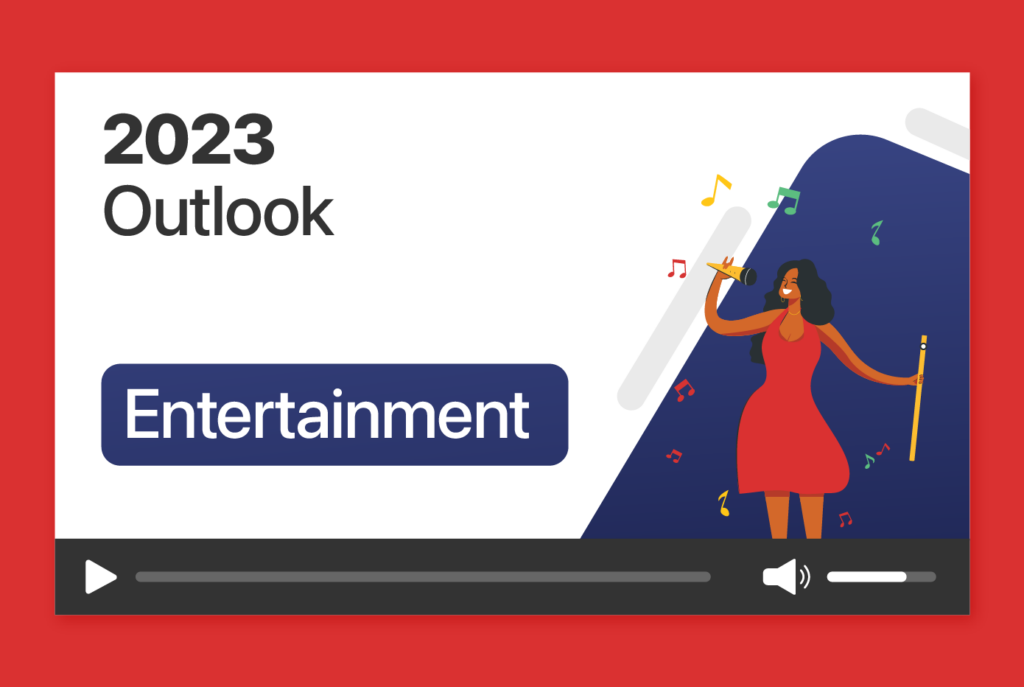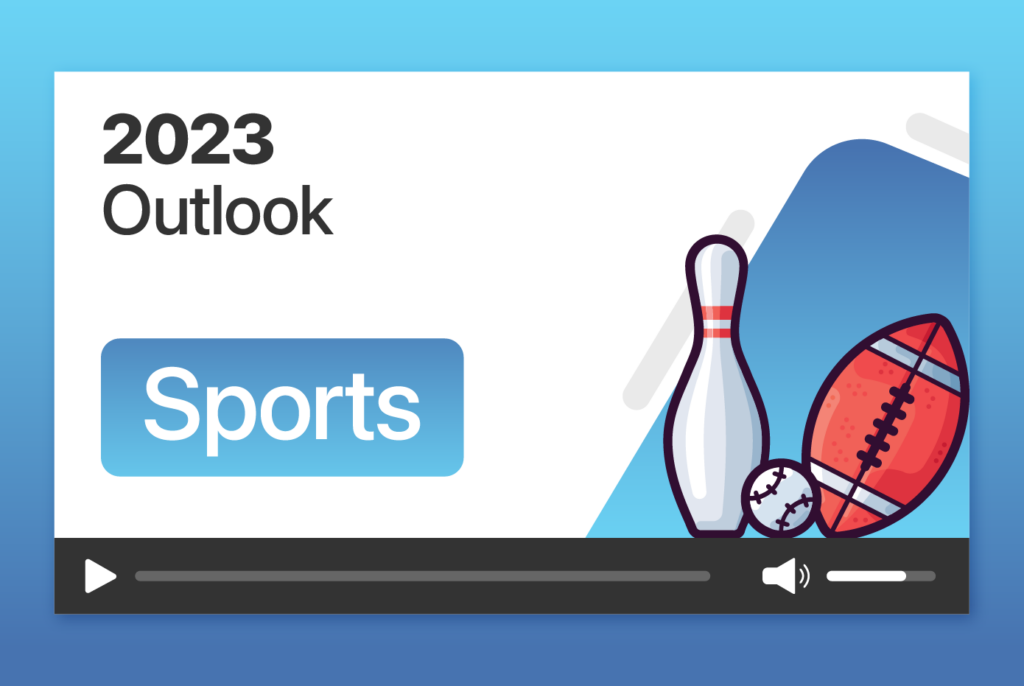As spirits and alcohol marketers prepare for 2023, brands are balancing product innovation and premiumization with the potential threat of inflation.
“The beyond beer category as a whole continues to be the choice of younger LDA (21+) drinkers,” says Lesya Lysyj, chief marketing officer, Boston Beer Company. “We’re seeing a wide range of new entrants into categories such as spirits-based seltzers and ready-to-drink cocktails and that’s where we expect much of the growth to come from.”
The vodka category was the largest white spirits category worldwide in the last couple of years and is expected to maintain its growth. Quentin Meurisse, VP, business acceleration and planning at Absolut says the global travel retail and on-trade premise business did well in 2022 as a result of lifting the covid restrictions. “The spirits industry in general, and the vodka category in particular, is still experiencing ‘revenge conviviality’ – a boost recovery from covid where consumers long for socializing and enjoying drinks,” says Meurisse. “As the wider emerging premiumization trend of spirits consumption is now reaching the vodka category, we will see propositions reflecting the growing interest in the distilled process, purity in liquid, etc.”
Pernod Ricard has seen first quarter sales grow by 22% and expects “dynamic” sales to continue throughout 2023, driven primarily by the Scotch category and its iconic brands Jameson, Absolut, Beefeater and Martell, the company reported in its most recent quarterly report. Diageo is predicting 5-7% sales growth for 2023-2025.
Mindful consumption is a trend that is expected to continue in 2023 as spirits brands support consumers looking to drink more responsibly. As Diaego heads into the holidays, the company is running a campaign called “Drops of Advice,” about how to celebrate in a healthy manner. Expect this messaging to continue in 2023.
“As the world’s leading premium drinks company, Diageo is committed to changing the way the world drinks for the better, by celebrating moderation and continuing to address alcohol-related harm,” says Ana Fitzgibbons, director of Diageo in Society, North America. “We want people who choose to drink to drink better, not more.”
“Looking ahead to 2023, the increased awareness for healthier lifestyle among consumers and especially for the younger generation will continue, resulting in continued interest in products with lower ABV that are suitable for daytime drinking and more frequent social occasions,” adds Meurisse. “We also expect the category to see more collaborations with celebrities and influencers as has been common in tequila brands in the past years. The alternative type of collaboration will be with other products and brands in adjacent industries like the collaboration between Absolut and Tomorrowland.”
Purpose will also be a key attribute for spirits brands looking to connect with audiences with shared values. Expect to see support for sustainability among other values next year. “One trend which cannot be ignored is consumers’ demand for brands to be embracing sustainability,” adds Meurisse. “And they increasingly want to be part of a brand’s transparent journey and progress towards its goals – opening up a huge opportunity for brands to engage with consumers to inform sustainable strategic thinking and direction. Needless to say, talking the talk won’t be enough – it has to be underpinned by concrete action.”
Beer sales are expected to increase 8% in 2023 as the category continues to expand with a range of craft beers, non-alcoholic beers and seltzers. Danish brewer Carlsberg reported that inflation has not hit the beer sales category yet but said it could impact beer sales in 2023 as brewers continue to raise prices. “So far we have seen very little evidence of any consumer impact of rising inflation,” said Cees’t Hart, CEO of Carlsberg Group, in a quarterly earnings statement.




